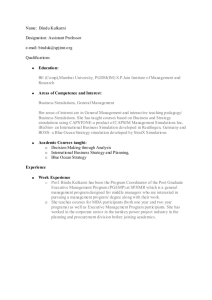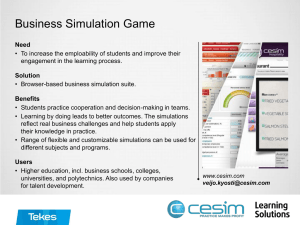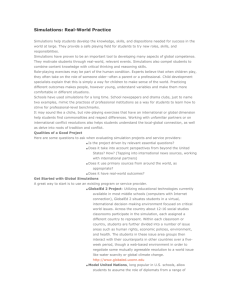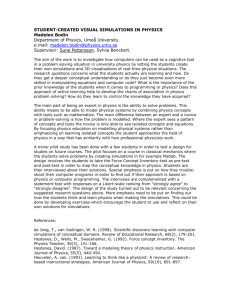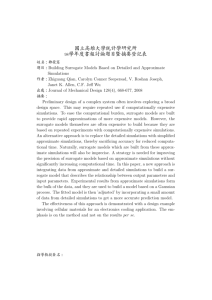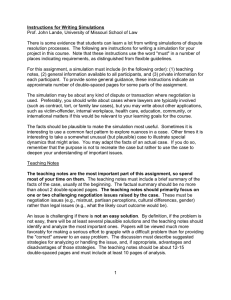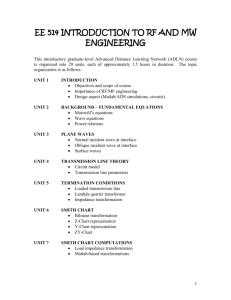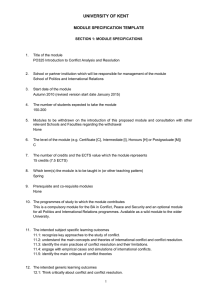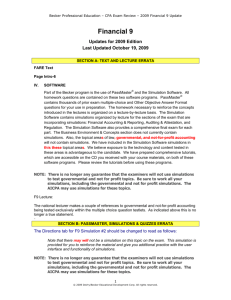this PowerPoint presentation about simulations
advertisement
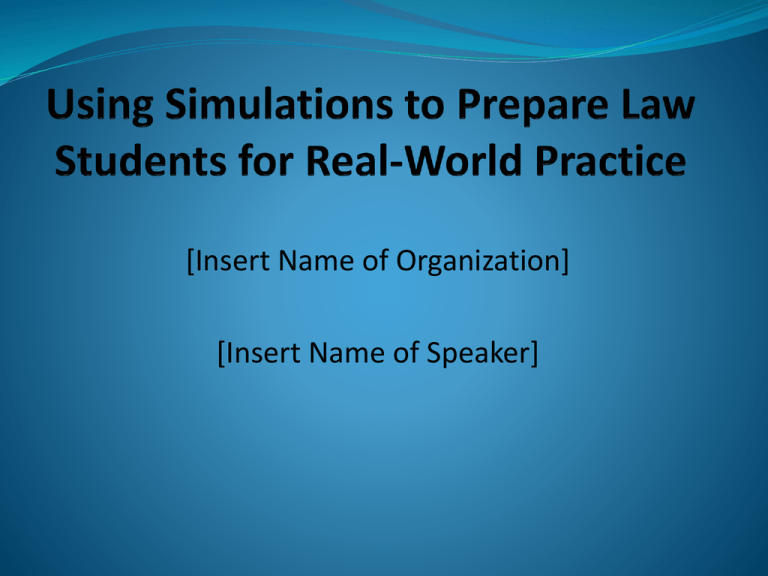
[Insert Name of Organization] [Insert Name of Speaker] Today’s Conversation This will be more of a conversation among colleagues than a lecture We will focus on helping faculty use simulations – including in courses focusing primarily on teaching legal doctrine Potential Benefits Greater identification with range of legal roles including interviewer, advisor, planner, negotiator, and dispute process innovator, in addition to courtroom advocate Increased integration of doctrinal and skills instruction Increased student learning and retention of knowledge about legal doctrine and skills Simulations Taking steps beyond thinking and talking about law Students act in lawyer’s role (or related roles) Assumes outcomes not based solely on law & facts … also affected by moves of independent actors, e.g.: Clients Counterpart lawyers Mediators Judges Simulations in Law School (not necessarily long or complex) Litigation activities, e.g., Interviewing and counseling clients Conducting depositions Trying cases Making appellate arguments “Alternative” dispute resolution Negotiation Mediation Arbitration Simulations in Doctrinal Courses Consider teaching goals and mix of teaching methods Can be in class or outside class Can be short Can integrate learning at end of unit or course Need not be graded Can use 1-page assessment sheets Ask about student insights -- “aha” moments Can assign students to write their own simulations May reduce some coverage … consider your priorities Multi-Stage Simulations Obviously more ambitious Example: possible stages in negotiation Conduct initial client interview Develop relationship with counterpart lawyer Plan negotiation process Conduct factual investigation / legal research Prepare client for negotiation Conduct final negotiation Draft settlement agreement What Simulations Do You Use? What works well with your simulations? What are the challenges with them?
